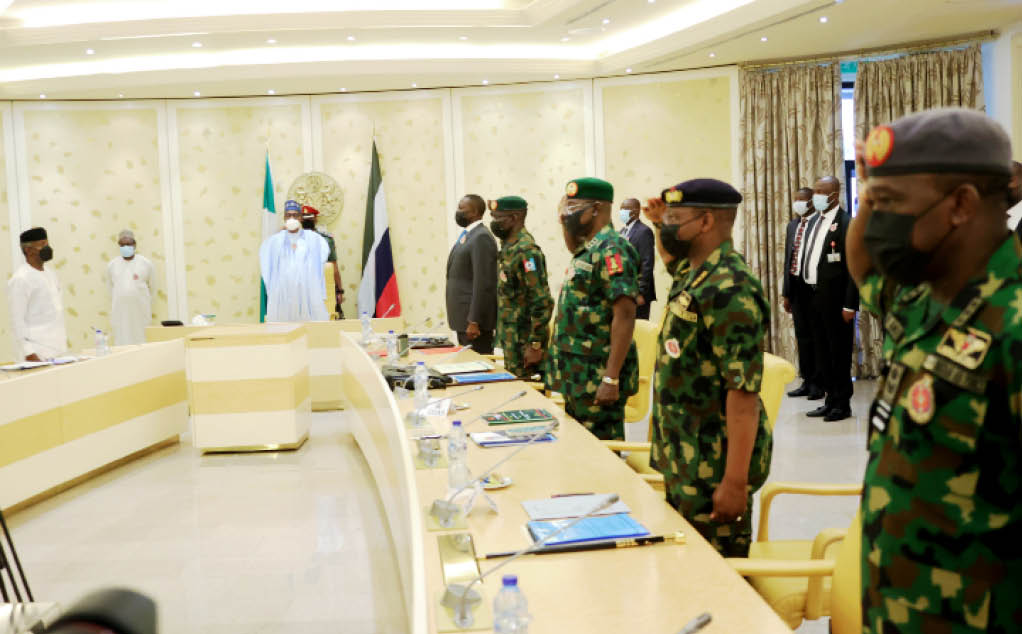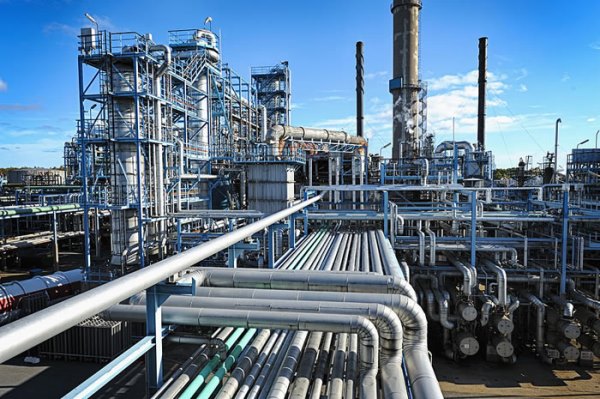The Federal Government’ Special Investigative Panel on Oil Theft/Losses has called for deliberate conversations to drive legal reforms that would provide stiffer penalties to culpable entities involved in oil theft.
The Chairman of the Panel, retired Maj.-Gen. Barry Ndiomu, made the call in his address of welcome at a One-Day Stakeholders Conference on Oil Theft/Losses on Tuesday in Abuja.
The theme of the conference was: “Protecting Petroleum Industry Assets for Improved Economy”.
According to him, frank discussions must be held to enable the country “crack the code” and put an end to the criminal enterprise of oil theft.
Ndiomu, who is also the Interim Administrator of the Presidential Amnesty Programme (PAP), regretted that the menace of oil theft has had enormous negative impact on Nigeria’s crude oil production, plunging output to a 13-year low of 800,000bpd.
He reiterated that strategic consultations have been held with state governments of the Niger Delta Region and other critical stakeholders to that effect.
“On the side of the law enforcement and security agencies, visits were made to the Chief of Army and Navel Staff, to the DG-DSS, the Attorney General of the Federation and Minister of Justice, the EFCC, among others.
“These engagements availed us information on the challenges their respective organisations faced in securing our nation’s oil assets and combating oil theft.
“These efforts provided us new knowledge and elicited honest discussion amongst Panel Members that led to some obvious conclusion signifying that theft and lose of crude oil stemmed from the twin issues of complicity and negligence,’’ Ndiomu said.
The chairman of the panel further explained that the emergent picture suggests the existence of a sophisticated network of complicity between elements from the host communities, security agencies and industry players.
He added that they include both government and private institutions alike, as well as international collaborators.
“The conception of this conference is part of the panel’s strategy to obtain additional inputs, information and data on the subject matter. Today’s event therefore aims at consolidating on what has been achieved so far,” Ndiomu said.
The chairman, however, advocated for application of modern technologies to protect oil assets and a review of security architecture in the region.
“This should be done with a view to stem the sophisticated network of complicity between elements from the host communities, security agencies and industry players”.
The event attracts officials from the Presidency, National Assembly, traditional rulers from oil communities, security, military and paramilitary, as well as other stakeholders from the oil and gas sector.












